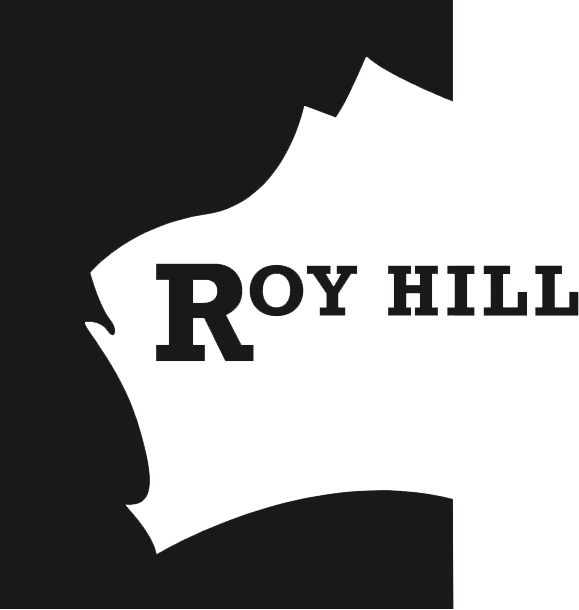News
Chanticleer | Soul Patts’ Millner rails against secretive new laws


Two words are frightening senior Australian executives; few are willing to say them publicly. The words are “nature positive”.
Article by Anthony Macdonald courtesy of the Australian Financial Review.
Robert Millner’s had a gutful. The long-time chairman of four ASX-listed companies, together worth more than $20 billion combined and a billionaire in his own right, thinks Australia is doing what it can to waste a blessed financial and economic position built up by decades of economic growth.
What really has a bee in his bonnet is the government’s proposed “nature-positive” reforms. The laws are pitched as well intended – better protect the environment, allow for faster decision-making and restore integrity and trust in environmental laws – but are wrapped up in a veil of secrecy that has Millner and other senior business leaders and investors fearing the worst.
Millner hasn’t seen the proposed legislation – very few business leaders have. Instead, it has been shown to some lobby groups, which were sworn to secrecy and not allowed to take any materials from the meetings.
He’s pulling his hair out – as are the bosses of other big industrial, mining, property and agriculture groups – and is one of the few willing to speak out. He’s worried about Australia’s long-term economic prospects.
“It’s just madness; the whole thing is a farce,” Millner says. “Why is it being done with that secrecy?”
He fears that by the time the legislation lands, it will be too late. In his eyes – and we hear this from executives across most sectors – business is only getting harder in Australia, and secretly rewriting environmental and planning approval laws will only make it worse.
He says he only found out about the “nature-positive” plan a few weeks ago, even though he is chairman of four listed companies and has investments in all pockets of the country. Gina Rinehart’s Hancock is the other company brave enough to publicly raise the alarm bells – most businesses seem to be hiding behind the Business Council of Australia, lobbying on their behalf, or worried about political backlash.
Seek to fix environmental protection laws
The nature-positive proposals are the biggest rewriting of Australia’s environmental protection laws in the past 20 years and come after a review by former ACCC chairman Graeme Samuel a few years ago.
They seek to fix laws that the government says are “not working for the environment, business or the community”, and are designed to prevent further extinctions, work better with First Nations landowners and the like.
There is a detailed explanatory booklet available, but the proposed legislation is not expected to be published until mid-year. By then, Millner says the damage may already be done.
Yes, Millner is a coal miner, chairman of ASX-listed New Hope Coal for nearly three decades. But he also knows a thing or two about business, having grown up in the savvy and successful family-controlled Washington H Soul Pattinson empire, and what makes Australia tick.
There is no sign of anything going through a productivity filter, or proper testing with industry, or a review of what it would mean for Australia’s proposed critical minerals strategy or exports in the coming few decades. If you believe that capital is a coward and goes to the place with the least resistance, then it’s hard to see how it encourages investment in Australia.
Millner says Australia is one of the few developed countries with a trade account surplus – it was worth $11.8 billion in the December quarter alone – and one thing underpins it.
“The world has done famously well because we’ve had cheap energy,” he says.
“Once you get rid of coal, gas and petroleum products, are the likes of lithium, cobalt and nickel going to generate the trade surpluses that we are living through now?
“Because without those, the country is already broke. We’re in la-la land here.”
Millner says the nature-positive proposals will make it harder to develop the next generation of lithium and copper mines needed to help maintain Australia’s privileged economic position, and take longer. He is also worried about new electricity transmission infrastructure – including where it will go and how long it will take to build.
“I think the end game is they’re going to make it very difficult for property developers, farmers, miners,” he says.
“I think what we’re doing is a great disservice. We’ve been so successful, and we have got to where we are because over decades and decades we’ve had cheap energy.”
27.03.2024
Latest news
- Mrs Gina Rinehart AO | Bush Summit speech
- Building An Exceptional Future
- Roy Hill helps Indigenous Art brighten Lightscape
- Gina Rinehart calls on Australians to act for the future of the country – here’s how
- Kidman Apparel, Rossi Boots and Driza-bone TV Commercials – 2024
- Hancock Prospecting and Roy Hill TV Commercials – 2024
Group executive news
- Building An Exceptional Future
- EDITORIAL: Nature Positive laws will sacrifice the economy for political zealots’ green doctrine
- Nature Positive laws: Mining heavyweights urge PM to intervene on controversial environmental plan
- ‘Australian swimming is about to have a reality check’
- Nature Positive: Federal EPA will be unaccountable, secretive and expensive, says Institute of Public Affairs
